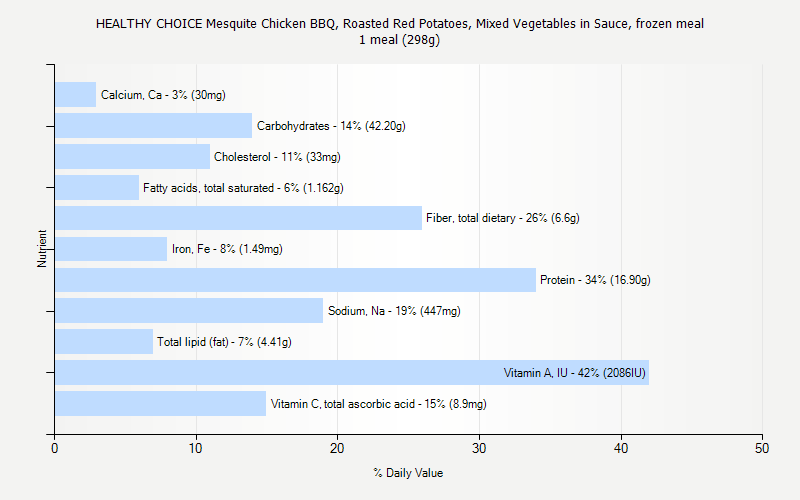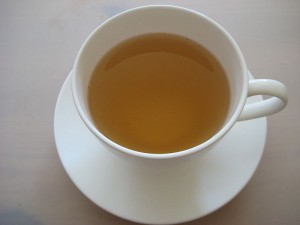
Fast food picture. source: Google image (free to share)
Frozen Food is getting a bad rap.
Many people think that the frozen meals are unhealthy, opting for a fast-food meal over a frozen food, according to a British consumer group that tracks grocery shopping habits.
But a new study published in the Journal of the Academy of Nutrition and Dietetics found that people who regularly have frozen meals consume 254 fewer calories and 2.7 less grams of saturated fat per day than people who eat fast food. Also, adults who ate frozen meals had higher daily intakes of important nutrients such as protein, fiber and potassium.
Nestle USA, the maker of lots of popular frozen-food brands such as DiGiorno, Stouffer’s, and Hot pockets, funded a study. The findings have been reviewed and considered impartial. Does the findings mean a frozen lasgna is better for your health than a hamburger and fries? Not really.

Nutrition facts of an example of frozen food. source: Google image (free to share)
Registered dietitian Staci Nix McIntosh, an assistant professor of nutrition at the University of Utah College of Health, notes that the researchers did not compare meal for meal frozen versus fast food and cautions against taking the study findings at face value. “There are lots of factors at play here,” she says, “not the least of which is that people who consume fast food and people that regularly eat frozen food are people who choose different methods of quick meals and may have different lifestyles in general.”
Still, frozen foods can be healthy choices, depending on what you pick. McIntosh says to look for these items on the label:
1.Vegetables, but without the sauce.
2.High nutrient content relative to calories—potassium, calcium, fiber, vitamins A and D, and iron. You want a meal that will provide those nutrients while not exceeding your overall energy intake for the day.
3.Low sodium and no trans fats.


